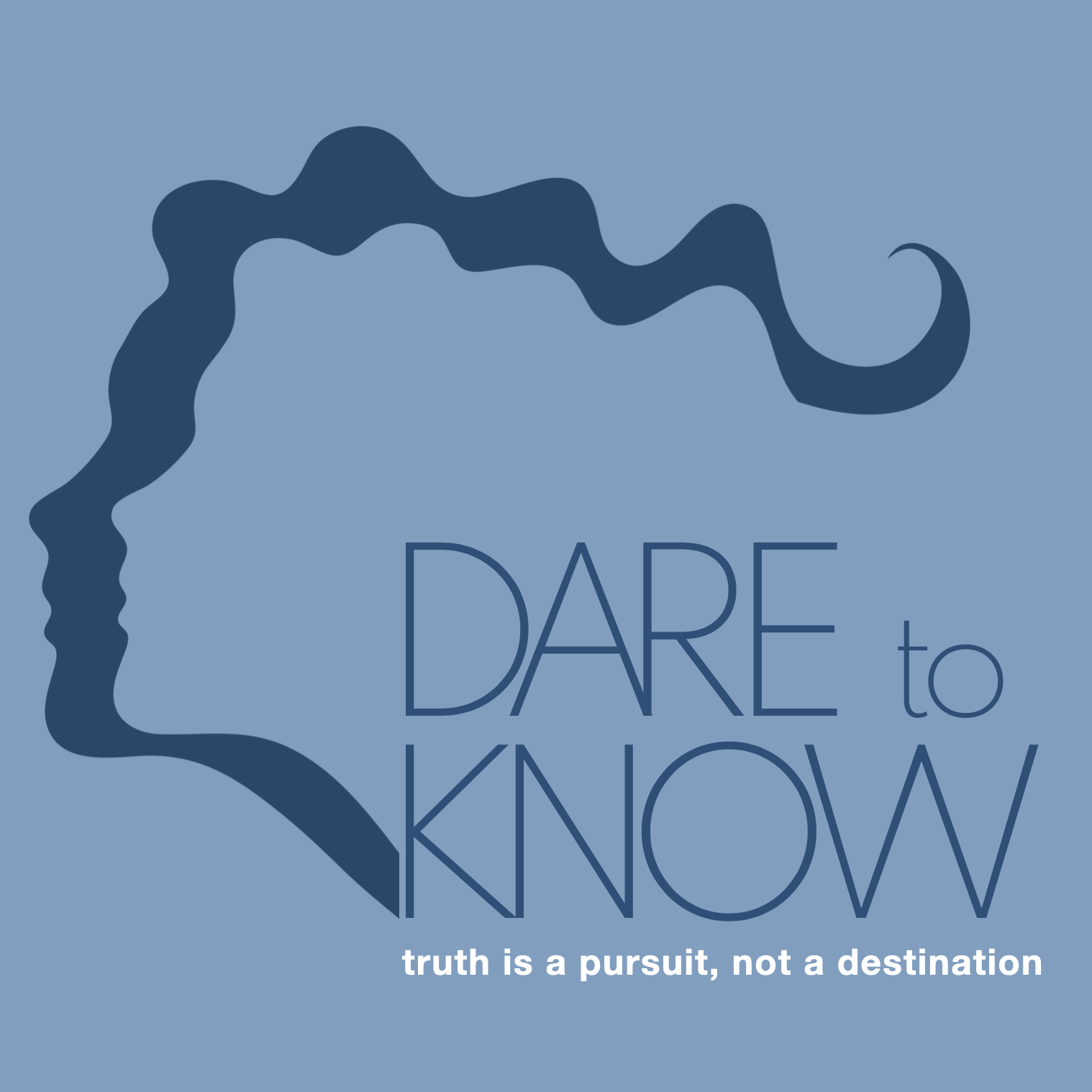Podcast: Play in new window | Download
Subscribe: Apple Podcasts | RSS
In 2011 I made a conscious decision to walk away from evangelical religion, where I had spent most of my life. In the years since, I have worked through many things to discover what I believe about the christian story as I attempt to reshape my personal belief system. In this process I have really struggled with trusting myself and my ability and right to think for myself, make decisions that are in my best interest and with the fear that hung over me to find and live by the absolute truth.
What I have come to learn is that these things are a result of a lifetime of indoctrination in evangelical religious structures; lack of agency, decisions making, fear, and so many more are the symptoms of Religious Trauma Syndrome (RTS), first popularized by Marlene Winell in her book Leaving the Fold. Winell describes RTS as a natural byproduct of fundamentalism with its dualistic thinking, lack of space for bodies, demand for obedience, and toxic identity formation.
In this episode Emily Hedrick and I discuss religious trauma; what it is and how is is harming so many people. Emily will discuss her own story and how she helps people work through trauma to lead more whole lives outside of religion.
About Emily Hedrick
Emily Hedrick is a former pastor turned religious trauma informed spirituality coach. She is fascinated by the spiritual technologies employed by religion and curious how humans can use them in the 21st century without exploiting each other. Connect with Emily:
In This Episode
13:10 Defining religious trauma
17:50 Psychological benefits of religion
19:20 Difference between spiritual and religious trauma
22:00 How trauma works-manufactured threats
25:00 Feeling it in the body
31:00 Bad theology
37:00 Post religious trauma
Books & Resources mentioned in the show
- How God Works by David DeSteno
- Leaving the Fold by Marlene Winell, Marlene
- Spirit and Trauma: A Theology of Remaining, by Shelly Rambo
- Shattered Assumptions: Towards a New Psychology of Trauma by Ronnie Janoff-Bulman
- The Body Keeps The Score: Brain, Mind, and Body in the Healing of Trauma by Bessel van der Kolk
- Trauma and Recovery: The Aftermath of Violence by Judith Herman
- https://Journeyfree.com
- https://new.exchristian.net/
- https://www.religioustraumainstitute.com/
- https://dechurched.net/
- https://new.exchristian.net/
- https://www.institutionalcourage.org/

